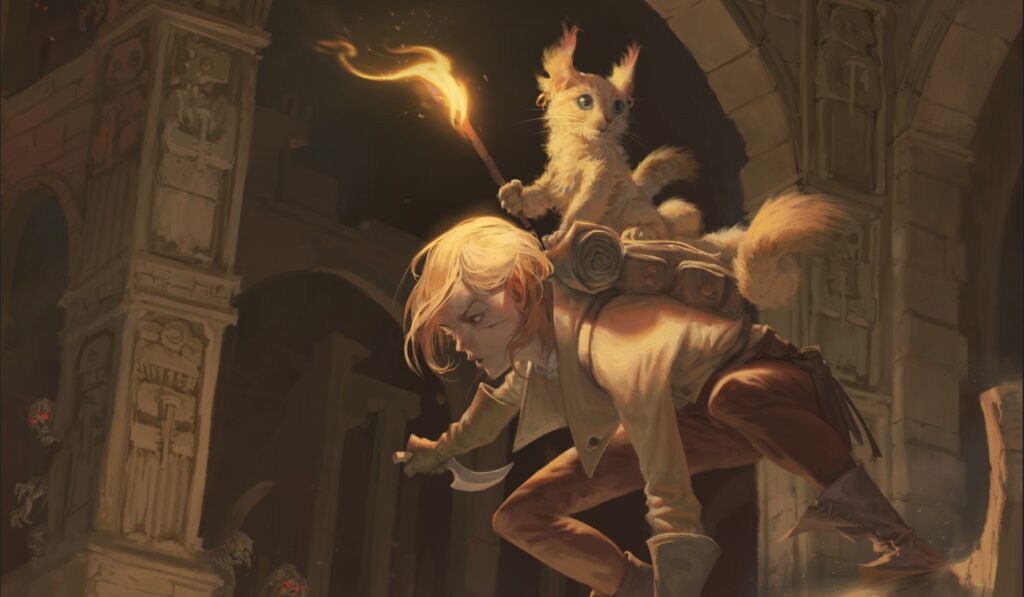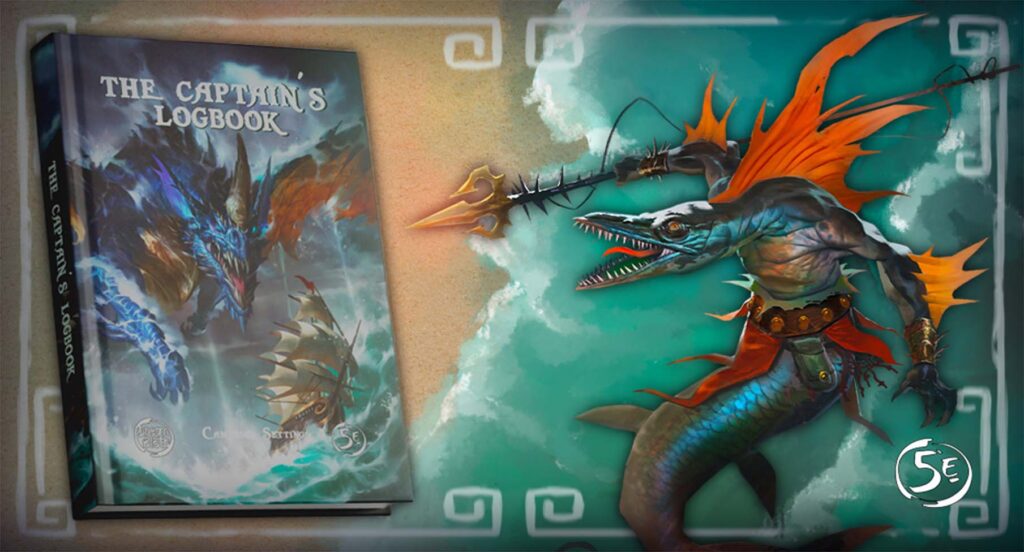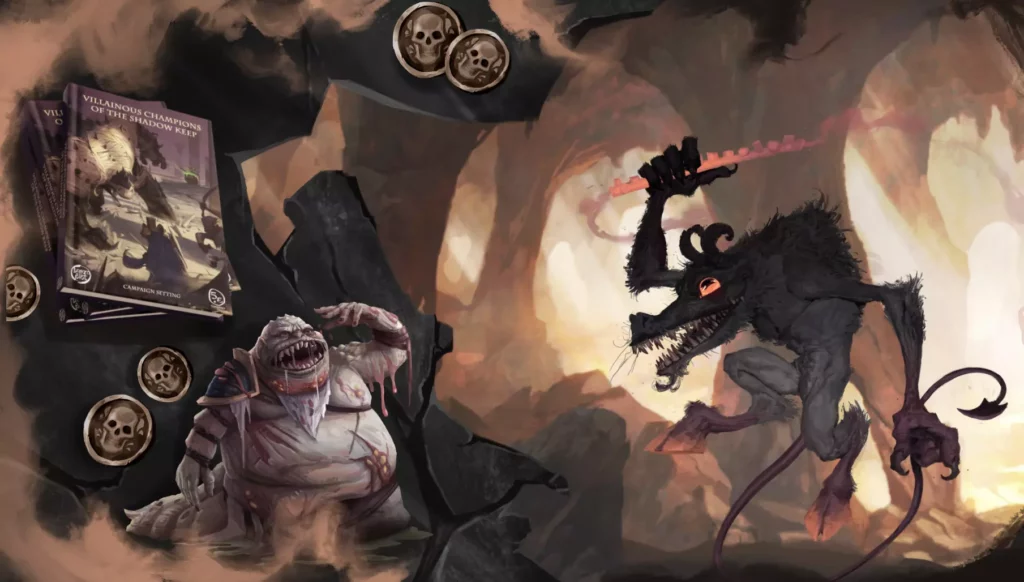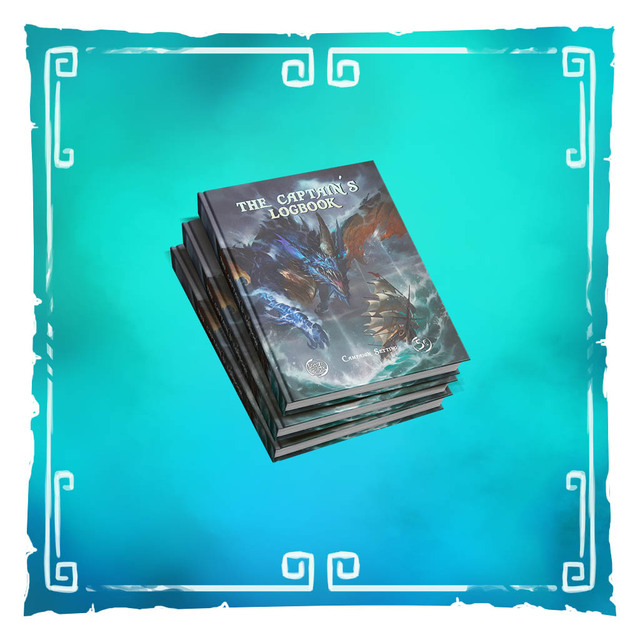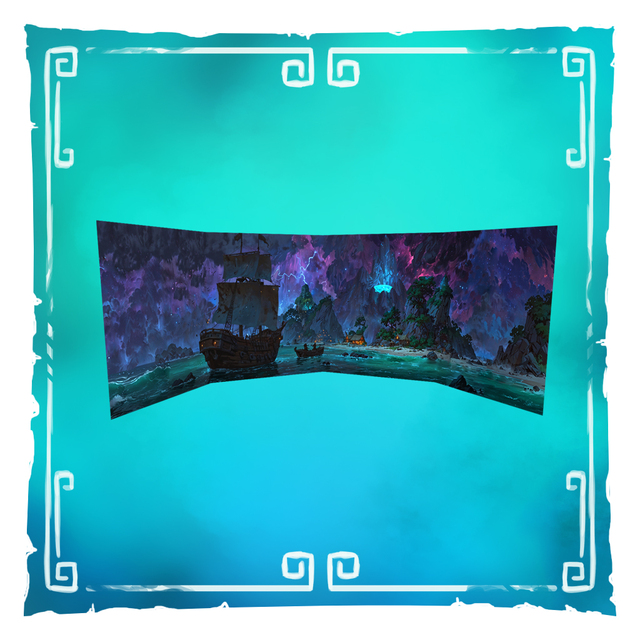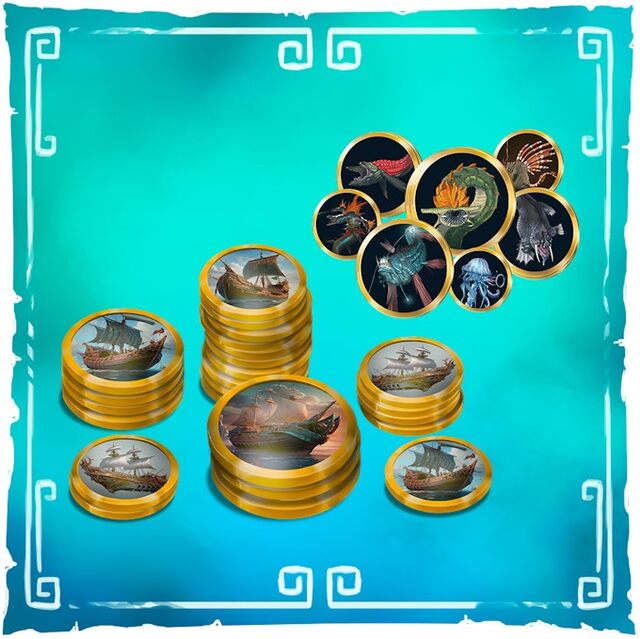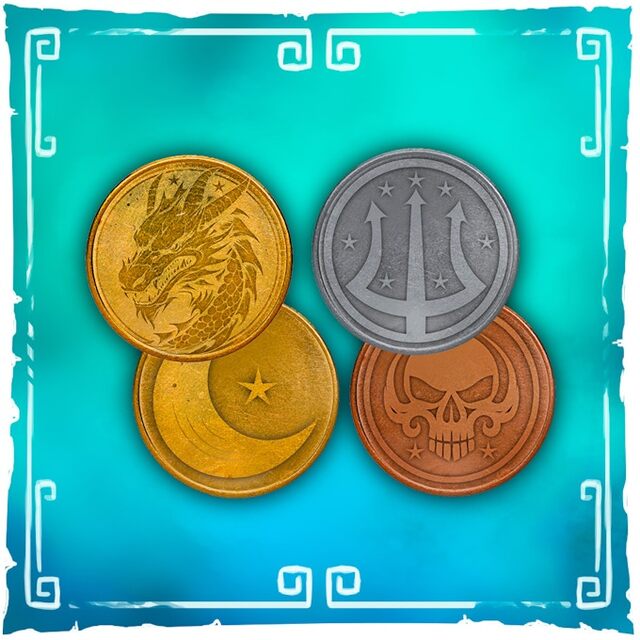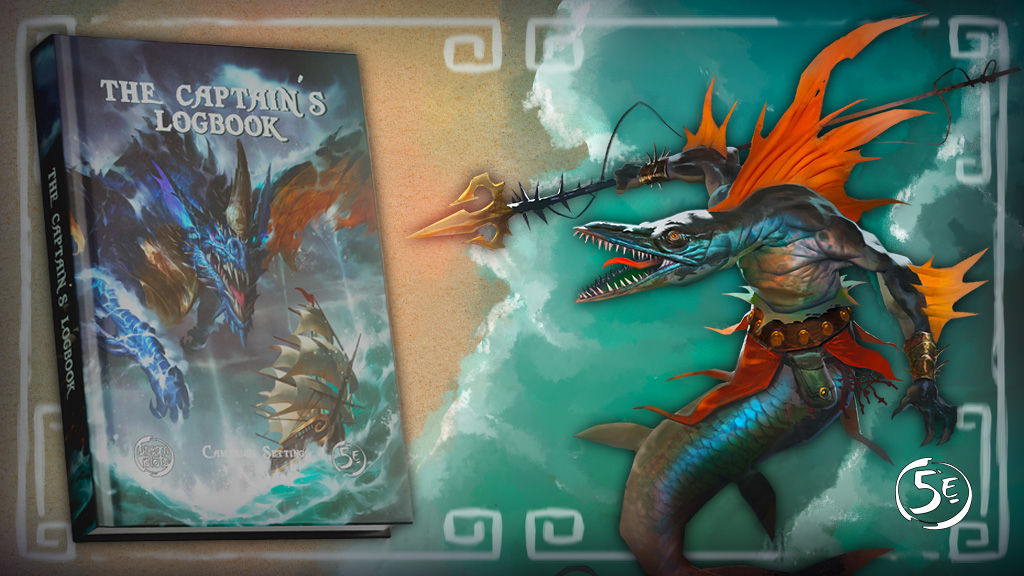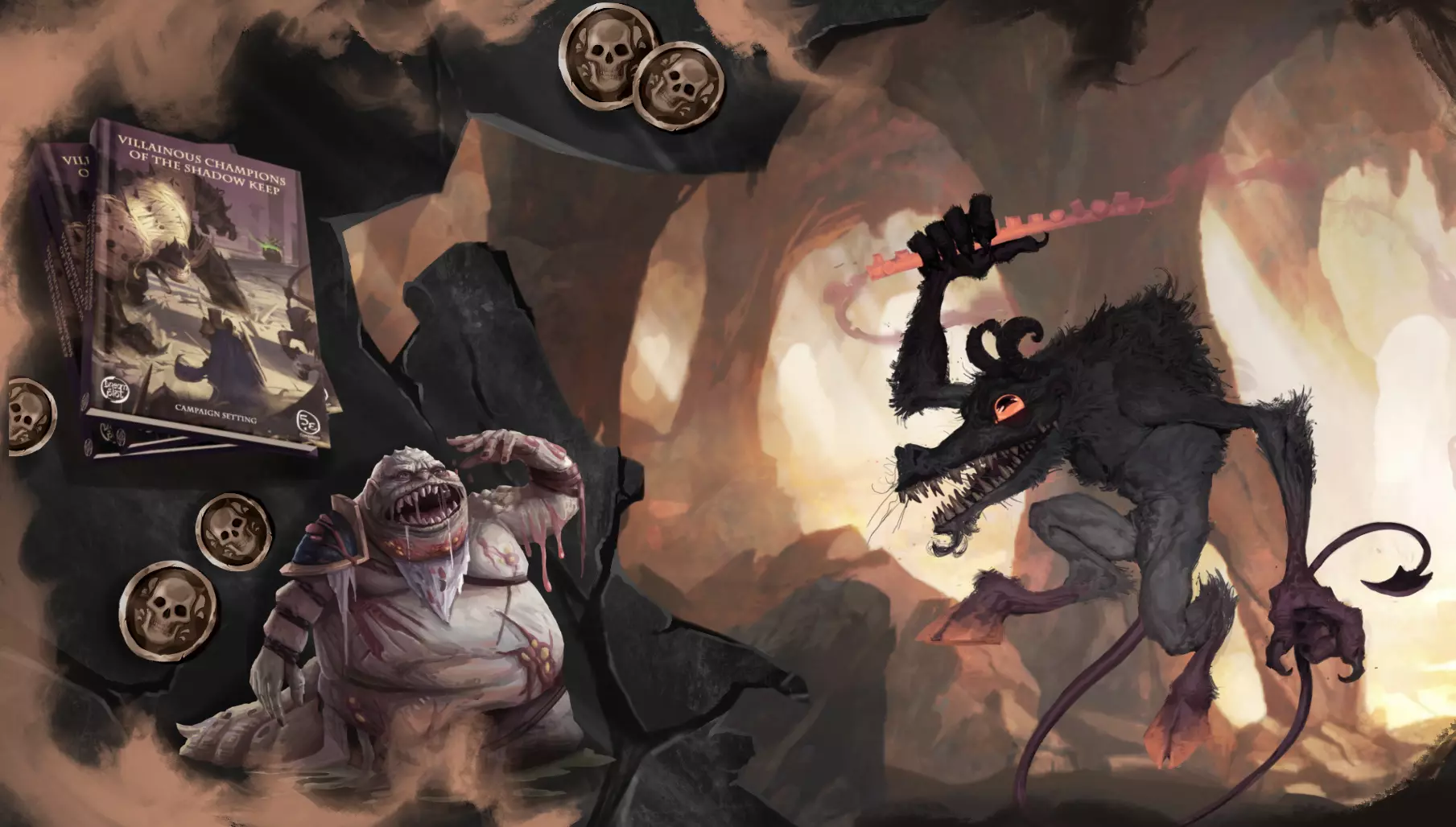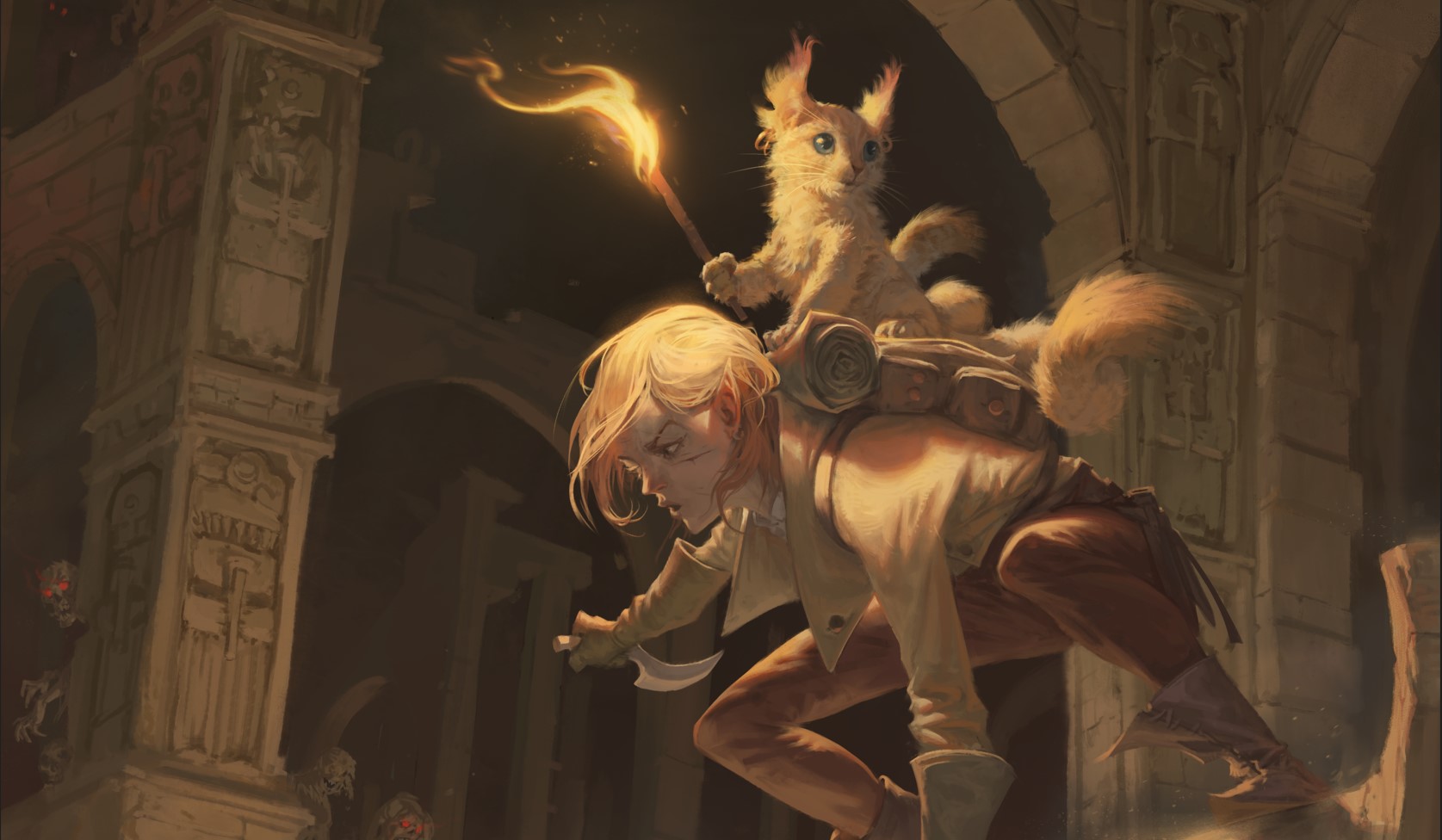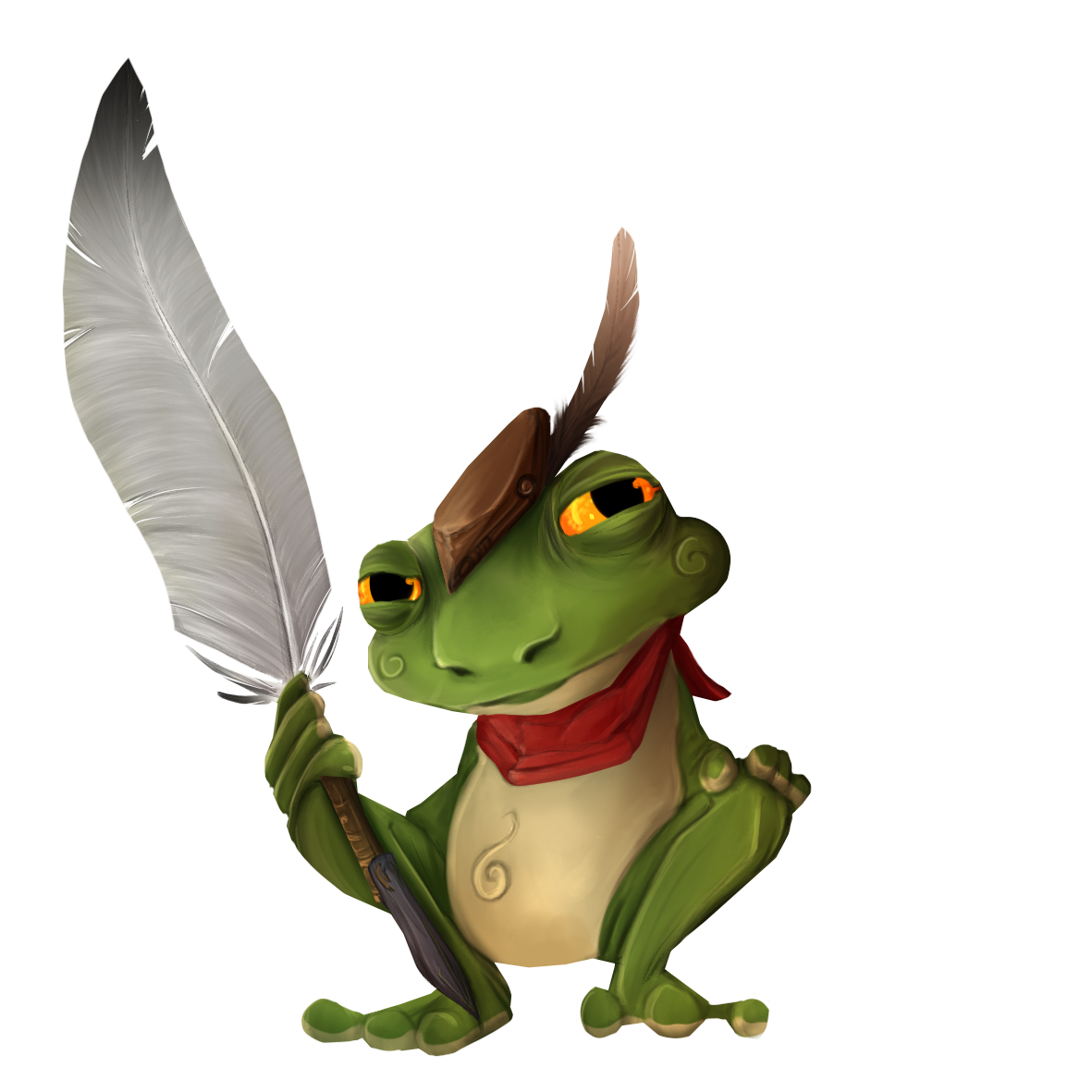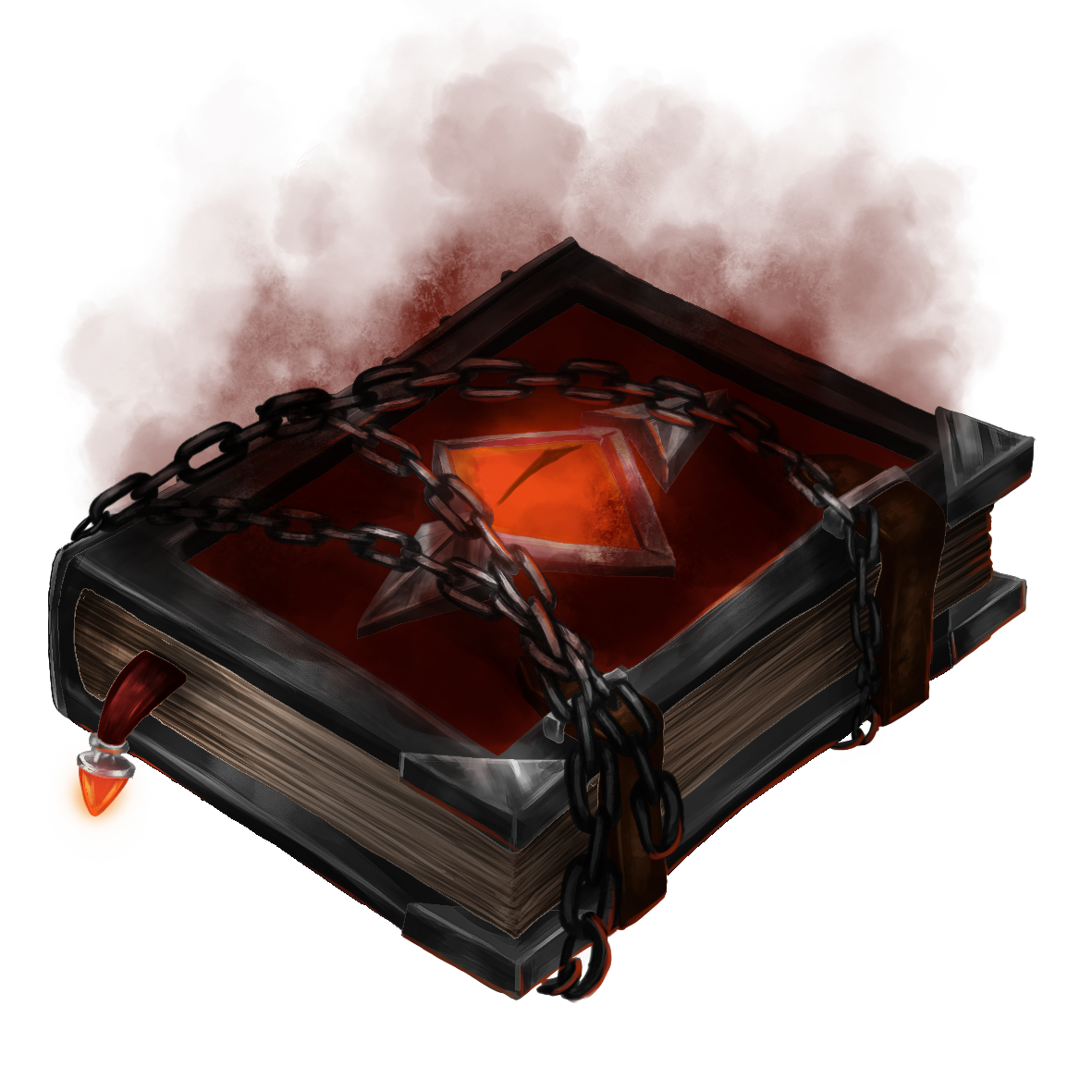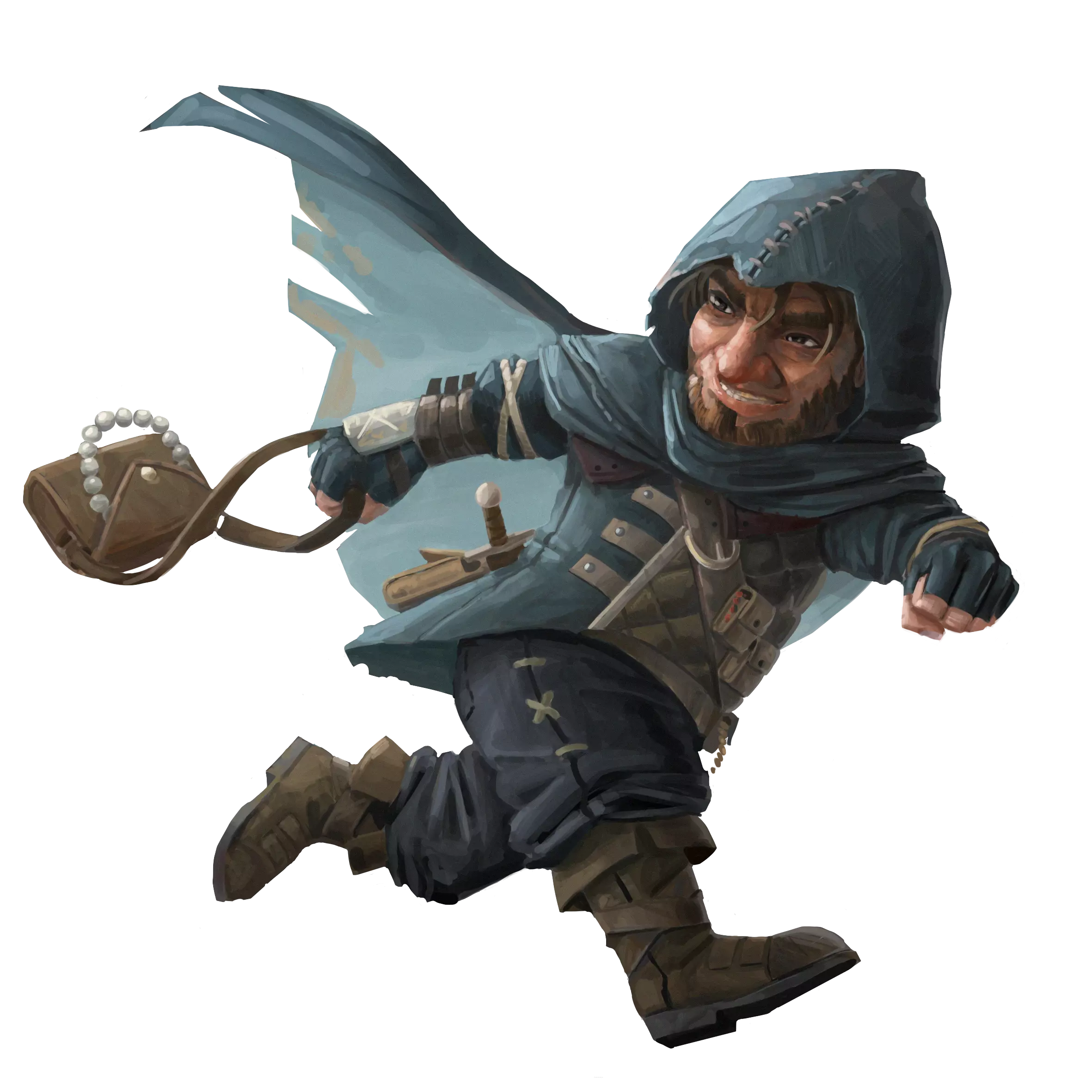Available on:

Peculiar Discoveries : Magic Items
and Companions For 5E
Pledged of CA$ 30,000 goal

Available on:

The Captain’s Logbook: the campaign is live!
Pledged of $7,192 goal

Villainous Champions: setting guide available for preorder
Play as the bad guys
Top Sellers
About Dream Plot
Dream Plot is a collective of passionate creators dedicated to producing immersive and inspiring products that fuel players' imaginations.
Our mission is to bring fresh, innovative perspectives to tabletop gaming and collaborative storytelling. We are committed to amplifying diverse voices and supporting projects led by inclusive, talented teams.
We’re excited to collaborate with creators who are eager to nurture creativity, both their own and others’, to deliver truly exceptional work. At Dream Plot, we believe that the best ideas come from fostering a community that values imagination, diversity, and excellence.
New Releases
Upcoming Projects
PlayStation 5
Dice Set
$11.00Hardcover Book
$67.00Nintendo Switch
Our Latest Articles
01
Dec
How to Start Your Journey as a Dungeon Master?
-
Posted by
gteox
- 0 comments
Embarking on the role of a Dungeon Master (DM) in Dungeons & Dragons can be an exhilarating yet daunting experience. As the archite...
01
Dec
How to create magic items?
-
Posted by
gteox
- 0 comments
/*! elementor - v3.17.0 - 08-11-2023 */
.elementor-heading-title{padding:0;margin:0;line-height:1}.elementor-widget-heading .elementor-...
01
Nov
Mastering NPC Creation and Development in D&D
-
Posted by
gteox
- 0 comments
Creating and developing Non-Player Characters (NPCs) is a vital skill for any Dungeon Master (DM) in Dungeons &am...
Sign Up & Stay Connected
Join our inner circle and be the first to discover hidden treasures! Keep up to date with the latest product releases, promotions, news and more!



